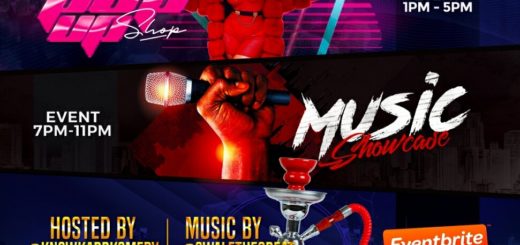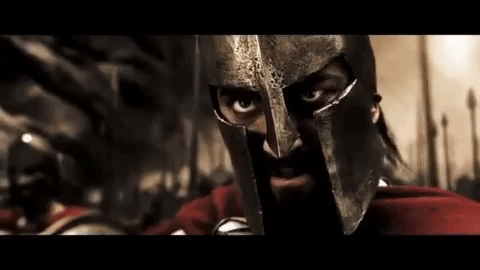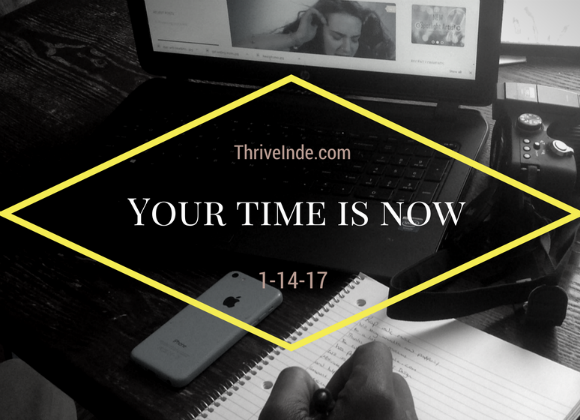Top 5 Copyright Issues that will get your song taken down

Every day thousands of creators have their content removed or muted from major platforms because of copyright issues. Digital music news, in collaboration with Easy Song, posted the most common and avoidable copyright issues.
In our post, we have narrowed down the 5 most common reasons independent artists get their music taken down from streaming platforms.
Disturbing covers and remixes without permission

Doing covers and remixes is a popular strategy for new artists trying to get their name out there. This is because they tend to draw a lot more attention than original tracks for new artists. However, depending on how the music is distributed, it can land artists in big trouble.
This is because new independent artists fail to obtain the proper mechanical license and PRO. Doing this ensures that the copyright holders of the original track are properly compensated for their work.
Spotify, Apple, Amazon
Digital Service Providers, often referred to as DSPs, are essentially streaming platforms like Spotify and Apple Music, or an online store that distributes audio to consumers. Before an artist uploads a cover or remix to one of these platforms the artist must obtain the proper mechanical license
Cover performance vids on YouTube
YouTube has a monetization structure in place for content creators. Often new artists will upload cover videos without obtaining the proper sync licensing because they assume the platform has already taken care of it. This is not true. Only the publisher can grant official licensing paperwork directly to the creator. However, YouTube will pay Public Performance Royalties for covers to PROs.
Using samples without mechanical licensing
Using a sample and creating a new original work does not omit you from obtaining the proper mechanical licensing. According to copyright law when something is changed, including language or re-ordering of a track the new work created is considered a derivative work.
Using copyrighted music to promote content

All major social media platforms have some sort of blanket license for content created by their users. This allows users to utilize copyrighted songs when posting original content. However, this blanket license does not cover everything. If an artist is utilizing social media for revenue or acquiring fans, they need to know some things.
Promotion and advertising
The blanket license does not protect content that is used for advertisements or promotions. Blanket licenses used by social media platforms do not cover marketing or promotions. These licenses do not apply to brands or businesses trying to reach consumers. Direct commercial licensing for media is the only way a user can use a copyrighted song for promotional use. If an artist is selling tickets to a show they should use only their music on their social media posts.
Playing copyrighted music during a set
This is a tactic commonly used by both established and new independent artists to help create the tone for their set. To do this without risk of repercussions the artist would need to obtain a theatrical stage license from the original publisher.
Songs copyrighted outside the United States
A track that is not copyrighted in the US can still be flagged as theft of intellectual property. Each territory has its own laws and procedures no matter where the song is being consumed. There are companies who can identify sub-publishers in the US to grant licenses, or, determine a way to reach the international administration for direct permission.
Failing to obtain global licensing
In reality, many artists find success in other territories outside of their own. One of the artists I managed saw huge success in China while they lived here in the States and received little traction. If an artist is truly seeking to expand their brands outside of their native territories gaining worldwide licenses will go a very hard way







Recent Comments